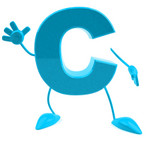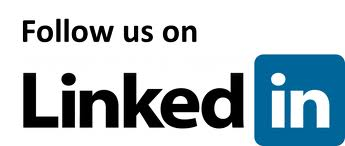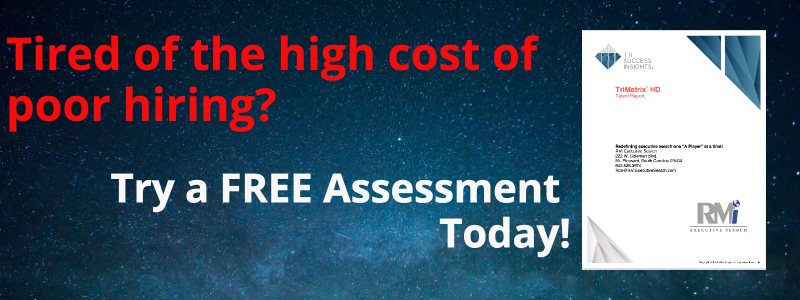Sometimes called personality tests, a recruiting assessment is meant to enhance your insight into a potential employee to ensure they are a fit for your job and that your job/company is a fit for them. Utilizing a recruiting assessment like the DISC Assessment will provide you insight into an employee that you probably could not have learned without months of working together. And by then, the relationship will either be stellar or stale. It is much better to gauge optimal fit on the front end of a executive recruiting and hiring process, then to have to dismiss an employee months later and cause upheaval in their life when they were never a fit to begin with.
In addition to the DISC Assessment and other assessment formats, at RMi Executive Search, we use an assessment that measures a person's MOTIVATORS or ATTITUDES. Our ATTITUDES determine what we value positively or judge negatively in life. Born of our experiences and beliefs, our VALUES are sometimes called the hidden motivators because they are not always readily observed. Therefore, knowledge of an individual's VALUES, ATTITUDES or MOTIVATORS can be invaluable in creating performance incentives or professional development programs.
Read More >







